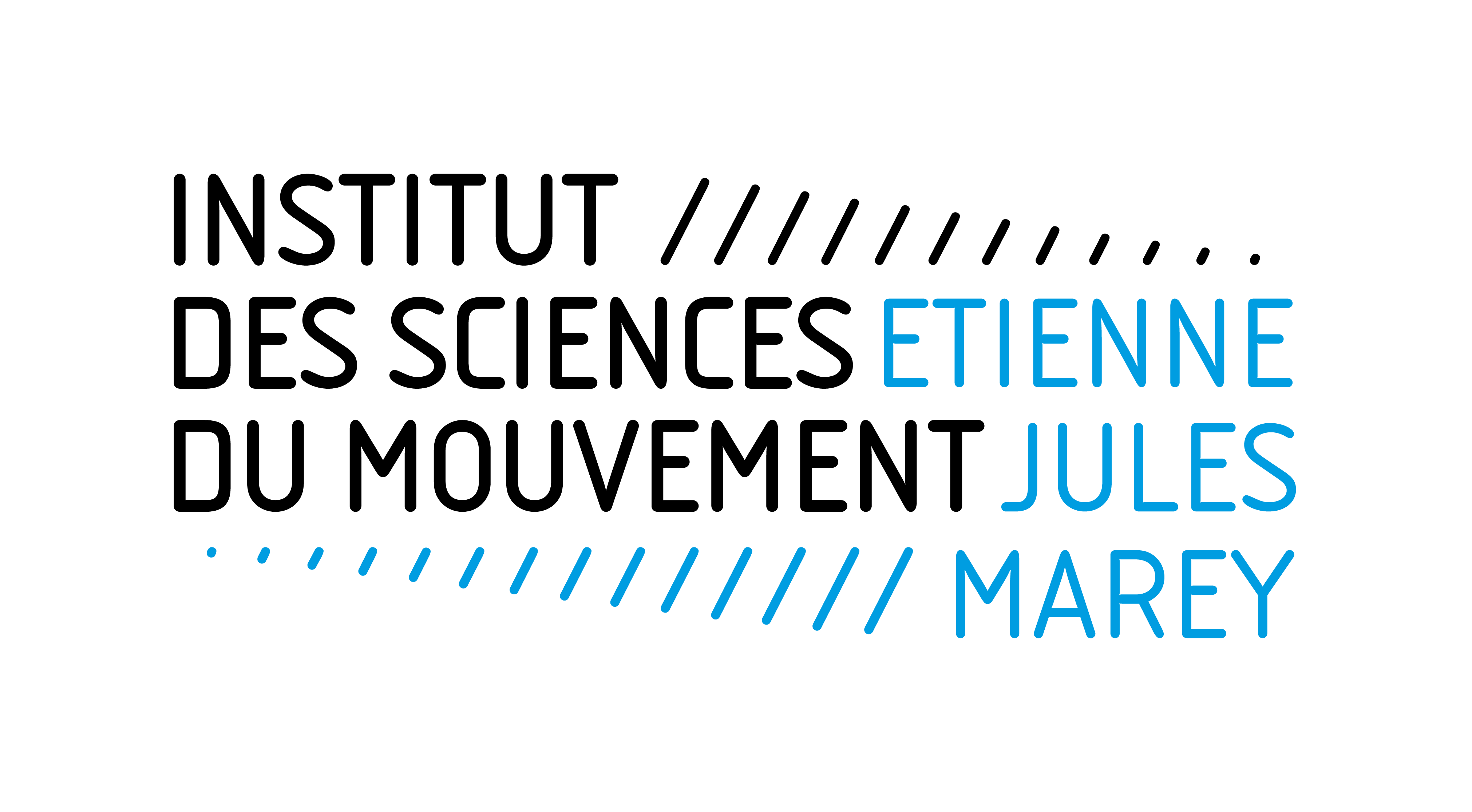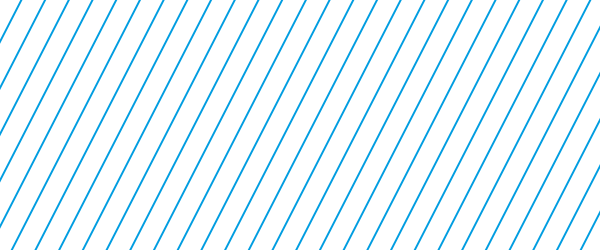27 juin 2024
13:00 à 14:00
Acting upon and acting with: from object handling and tool use in healthy and pathological populations to perspectives on assistive technology for the upper limb
R. Parry (LNIP2, Univ. Paris Nanterre), invité par F. Sarlegna (Salle des thèses)
Summary:
Hand-object interactions are a central component to our daily life activities. In addition to this, humans are rather particular in that they regularly appropriate tools to expand their physical capacity to effect change upon the environment. Supporting human performance in object handling thus represents an important objective in various domains including ergonomics and rehabilitation. This seminar presents a series of experimental findings spanning foundational aspects of the perceptuomotor capacities involved in object handling and tool use, as well as certain particularities which may emerge in the context of neurological disease. In particular, this work underscores the importance of an implicit sensitivity to the reciprocal mechanical constraints which exist between the object and the upper-limb according to the task objectives. The potential implications of this are further examined in relation to the development of assistive technology with specific examples provided from ongoing experimental work on the use of vibrotactile matrices and upper-limb exoskeletons.
Short bio:
Ross Parry is an assistant professor at Université Paris Nanterre. Following several years of clinical practice as an occupational therapist, he currently works in the movement neuroscience and psychology laboratory, LINP2 (Laboratoire Interdisciplinaire en Neurosciences, Physiologie et Psychologie). Ross has a keen interest in neurological rehabilitation, movement analysis techniques, and the use of new technologies for improving health and productivity. More specifically, his work focuses on developing functional approaches to motor control which enable understanding of human dexterity and locomotion in relation to task constraints and the surrounding environment. This research program seeks to advance basic understanding of the nervous system while consolidating new approaches for mobilising assistive technology, enhancing human-machine interactions, and improving outcomes in rehabilitation.

